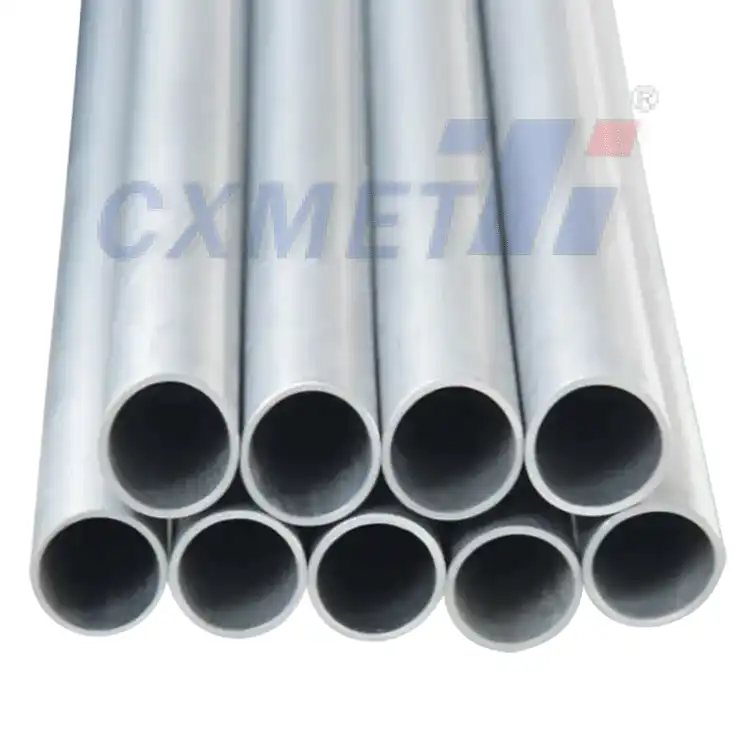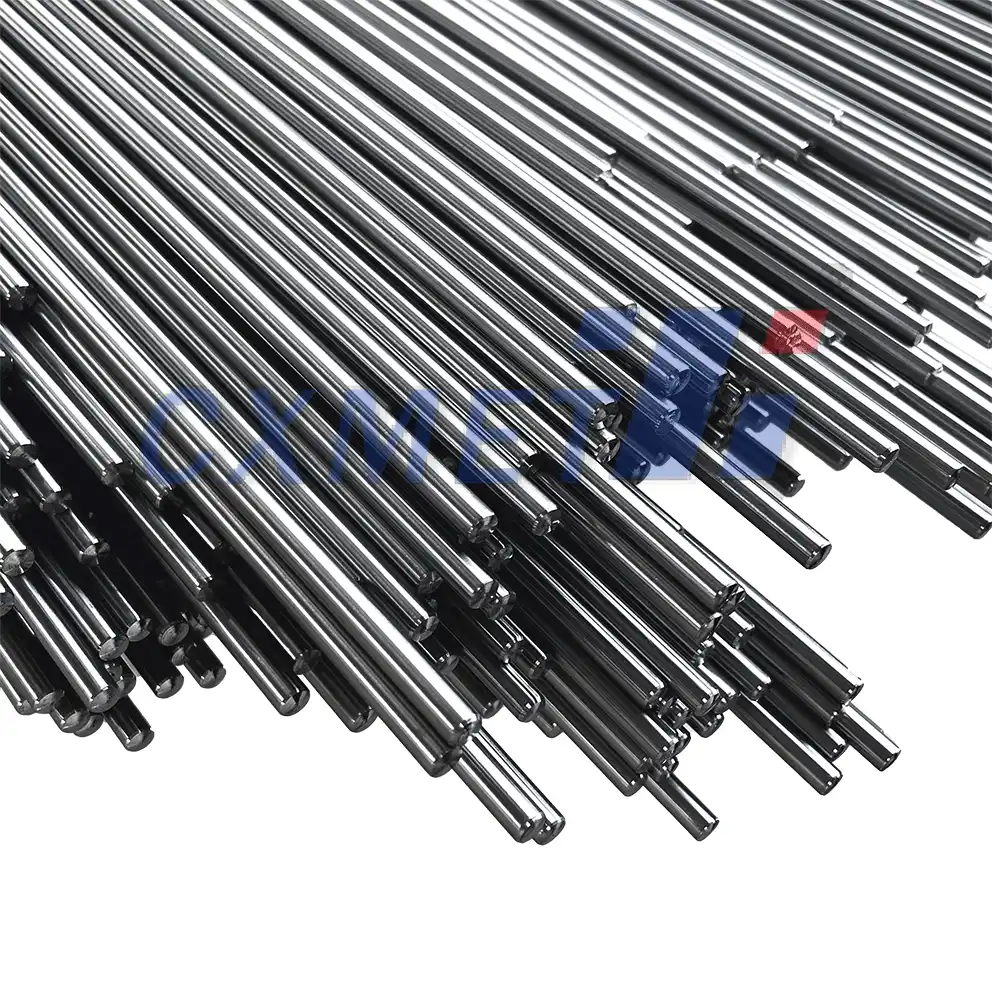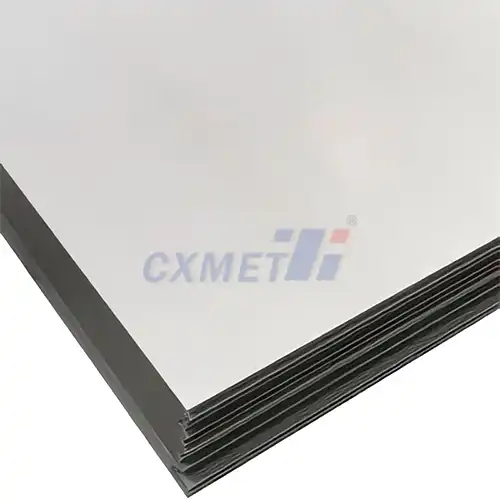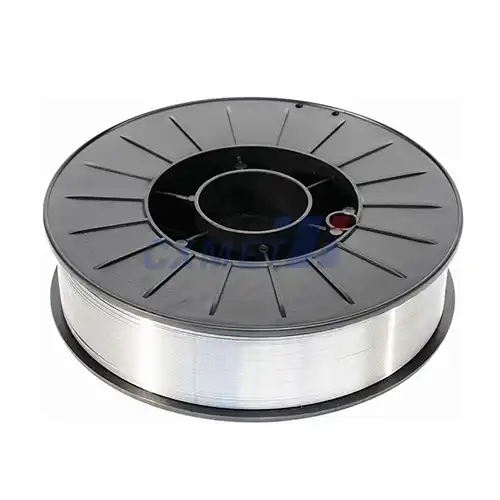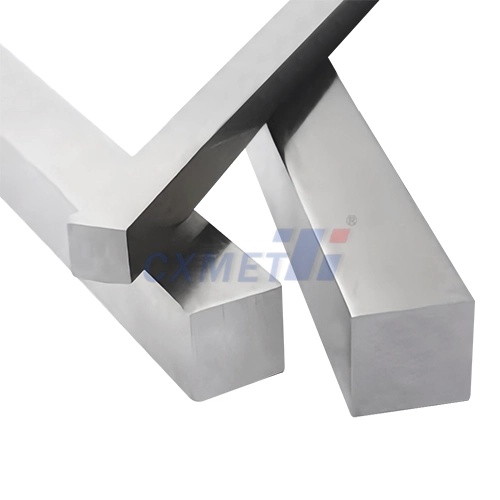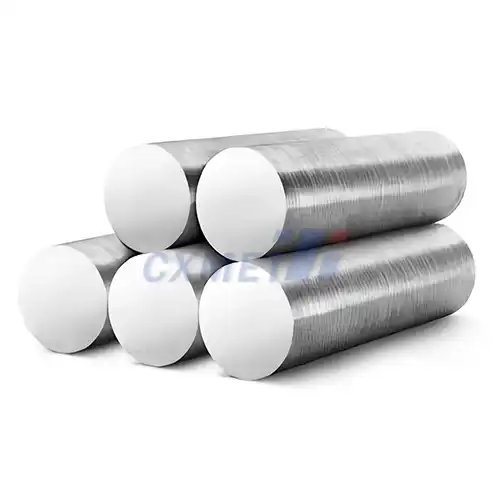- English
- French
- German
- Portuguese
- Spanish
- Russian
- Japanese
- Korean
- Arabic
- Greek
- German
- Turkish
- Italian
- Danish
- Romanian
- Indonesian
- Czech
- Afrikaans
- Swedish
- Polish
- Basque
- Catalan
- Esperanto
- Hindi
- Lao
- Albanian
- Amharic
- Armenian
- Azerbaijani
- Belarusian
- Bengali
- Bosnian
- Bulgarian
- Cebuano
- Chichewa
- Corsican
- Croatian
- Dutch
- Estonian
- Filipino
- Finnish
- Frisian
- Galician
- Georgian
- Gujarati
- Haitian
- Hausa
- Hawaiian
- Hebrew
- Hmong
- Hungarian
- Icelandic
- Igbo
- Javanese
- Kannada
- Kazakh
- Khmer
- Kurdish
- Kyrgyz
- Latin
- Latvian
- Lithuanian
- Luxembou..
- Macedonian
- Malagasy
- Malay
- Malayalam
- Maltese
- Maori
- Marathi
- Mongolian
- Burmese
- Nepali
- Norwegian
- Pashto
- Persian
- Punjabi
- Serbian
- Sesotho
- Sinhala
- Slovak
- Slovenian
- Somali
- Samoan
- Scots Gaelic
- Shona
- Sindhi
- Sundanese
- Swahili
- Tajik
- Tamil
- Telugu
- Thai
- Ukrainian
- Urdu
- Uzbek
- Vietnamese
- Welsh
- Xhosa
- Yiddish
- Yoruba
- Zulu
What are the Uses of Titanium Blind Flanges?
2024-09-09 15:21:40
Titanium blind flanges are essential components in various industrial applications, known for their exceptional strength, corrosion resistance, and lightweight properties. These specialized flanges are used to seal the end of a pipe, valve, or pressure vessel opening, effectively creating a strong and durable barrier. The use of titanium in blind flange construction offers numerous advantages, making them particularly valuable in demanding environments where traditional materials may fall short.
How do Titanium Blind Flanges compare to other materials?
When considering the use of titanium blind flanges, it's crucial to understand how they stack up against flanges made from other materials. Titanium blind flanges offer a unique combination of properties that set them apart from alternatives such as stainless steel, carbon steel, or alloy steel flanges.
One of the most significant advantages of titanium blind flanges is their exceptional strength-to-weight ratio. Titanium is approximately 45% lighter than steel but offers comparable strength. This characteristic makes titanium blind flanges an ideal choice for applications where weight reduction is crucial, such as in aerospace or offshore industries. The reduced weight can lead to easier installation, lower transportation costs, and decreased stress on supporting structures.
Corrosion resistance is another area where titanium blind flanges excel. Titanium naturally forms a protective oxide layer when exposed to oxygen, making it highly resistant to various corrosive environments. This property is particularly valuable in chemical processing plants, marine applications, and oil and gas industries, where exposure to harsh chemicals and saltwater is common. Unlike carbon steel flanges that may require additional protective coatings or regular maintenance, titanium blind flanges can maintain their integrity for extended periods without significant degradation.
Temperature resistance is a critical factor in many industrial applications. Titanium blind flanges maintain their mechanical properties across a wide range of temperatures, from cryogenic conditions to high-temperature environments. This versatility makes them suitable for use in diverse settings, from liquefied natural gas (LNG) facilities to high-temperature chemical reactors.
When it comes to longevity, titanium blind flanges often outperform their counterparts. The combination of corrosion resistance and high strength contributes to an extended service life, potentially reducing the frequency of replacements and associated downtime. While the initial cost of titanium blind flanges may be higher than that of steel alternatives, the long-term benefits in terms of durability and reduced maintenance can offset this investment.
However, it's important to note that titanium blind flanges are not always the best choice for every application. In scenarios where extreme high temperatures (above 600°C) are involved, certain grades of stainless steel or specialized alloys might be more suitable. Additionally, in applications where cost is a primary concern and the operating conditions are not particularly demanding, traditional steel flanges may still be the more practical choice.
What industries benefit most from Titanium Blind Flanges?
Titanium blind flanges find applications across a wide range of industries, but some sectors benefit more significantly from their unique properties. Understanding these industries and their specific requirements helps highlight the versatility and importance of titanium blind flanges in modern industrial processes.
The chemical processing industry is one of the primary beneficiaries of titanium blind flanges. In this sector, the corrosion resistance of titanium is paramount. Chemical plants often deal with highly aggressive substances that can quickly degrade standard materials. Titanium blind flanges can withstand exposure to chlorine, sulfuric acid, and other corrosive chemicals, ensuring the integrity of piping systems and pressure vessels. This resistance not only enhances safety but also reduces the frequency of maintenance and replacement, leading to improved operational efficiency and cost savings over time.
The oil and gas industry, particularly in offshore applications, is another significant user of titanium blind flanges. In deep-sea oil rigs and subsea pipelines, the combination of high pressure, corrosive seawater, and the need for lightweight yet strong components makes titanium an ideal material. Titanium blind flanges help maintain the structural integrity of equipment in these challenging environments, reducing the risk of leaks and failures that could have severe environmental and economic consequences.
Aerospace and defense industries also heavily rely on titanium blind flanges. The high strength-to-weight ratio of titanium is crucial in these applications, where every gram matters. In aircraft fuel systems, hydraulic lines, and other critical components, titanium blind flanges offer the necessary strength and reliability without adding excessive weight. This contributes to fuel efficiency and overall performance of aircraft and space vehicles.
The power generation sector, particularly in nuclear and geothermal plants, benefits from the use of titanium blind flanges. In nuclear facilities, the resistance to radiation and corrosion makes titanium an excellent choice for various components, including flanges. Geothermal power plants often deal with highly corrosive geothermal fluids, making the corrosion resistance of titanium blind flanges invaluable in maintaining system integrity and efficiency.
Marine and shipbuilding industries utilize titanium blind flanges in various applications, from desalination plants to submarine construction. The material's resistance to saltwater corrosion and its strength make it ideal for these environments, where reliability and longevity are critical.
The pharmaceutical and food processing industries also benefit from titanium blind flanges, particularly in scenarios where material purity and contamination prevention are crucial. Titanium's biocompatibility and resistance to bacterial growth make it an excellent choice for maintaining the integrity of sensitive processes.
While these industries are among the most significant users of titanium blind flanges, the list is not exhaustive. Any sector dealing with corrosive environments, high-pressure systems, or weight-sensitive applications can potentially benefit from the properties of titanium blind flanges. As industrial processes continue to evolve and face new challenges, the role of titanium blind flanges is likely to expand into even more diverse applications.
Are Titanium Blind Flanges cost-effective in the long run?
When considering the adoption of titanium blind flanges, one of the most common concerns is their cost-effectiveness, especially given their higher initial price point compared to flanges made from more conventional materials. To truly assess the long-term economic viability of titanium blind flanges, it's essential to look beyond the upfront costs and consider the total lifecycle expenses and benefits.
The initial investment in titanium blind flanges is undeniably higher than that of steel or other common flange materials. This higher cost is primarily due to the raw material expense of titanium and the specialized manufacturing processes required to produce these flanges. However, this initial cost should be weighed against several long-term advantages that can potentially lead to significant savings over time.
One of the primary factors contributing to the cost-effectiveness of titanium blind flanges is their exceptional durability and longevity. The superior corrosion resistance of titanium means these flanges can maintain their structural integrity and performance characteristics for much longer periods than their steel counterparts, especially in harsh or corrosive environments. This extended lifespan translates to fewer replacements over the lifetime of a system, reducing both material costs and the labor expenses associated with frequent changeouts.
Maintenance costs are another area where titanium blind flanges can prove economical in the long run. The natural corrosion resistance of titanium eliminates the need for protective coatings or regular reapplication of anti-corrosion treatments, which are often necessary for steel flanges. This reduction in maintenance not only saves on material and labor costs but also minimizes system downtime, which can be a significant expense in many industrial operations.
The lightweight nature of titanium can also contribute to cost savings in various ways. In large-scale projects or applications where weight is a critical factor (such as offshore platforms or aerospace), the use of lighter titanium components can lead to reduced structural support requirements and lower transportation costs. These weight-related savings can be substantial, especially in projects where every kilogram matters.
However, the cost-effectiveness of titanium blind flanges is not universal and depends heavily on the specific application and operating environment. In scenarios where corrosion is not a significant concern, or where operating conditions are relatively mild, the long-term benefits of titanium may not outweigh the higher initial investment. It's crucial for engineers and project managers to conduct a thorough cost-benefit analysis, taking into account factors such as expected lifespan, maintenance requirements, downtime costs, and potential risks associated with failure.
Additionally, as titanium becomes more widely used in industrial applications, economies of scale and advancements in manufacturing processes may lead to reductions in the production costs of titanium blind flanges. This trend could further enhance their cost-effectiveness in the future, making them a more attractive option for a broader range of applications.
In conclusion, while titanium blind flanges represent a significant upfront investment, their potential for long-term cost savings through extended lifespan, reduced maintenance, and improved performance in challenging environments can make them a cost-effective choice in many industrial applications. The key to determining their economic viability lies in a comprehensive assessment of all lifecycle costs and benefits, tailored to the specific requirements and conditions of each project.
At SHAANXI CXMET TECHNOLOGY CO., LTD, we take pride in our extensive product range, which caters to diverse customer needs. Our company is equipped with outstanding production and processing capabilities, ensuring the high quality and precision of our products. We are committed to innovation and continuously strive to develop new products, keeping us at the forefront of our industry. With leading technological development capabilities, we are able to adapt and evolve in a rapidly changing market. Furthermore, we offer customized solutions to meet the specific requirements of our clients. If you are interested in our products or wish to learn more about the intricate details of our offerings, please do not hesitate to contact us at sales@cxmet.com. Our team is always ready to assist you.
References
1. Titanium Blind Flanges: Properties and Applications. (2022). Materials Performance.
2. Corrosion Resistance of Titanium in Industrial Applications. (2023). Journal of Materials Engineering and Performance.
3. Cost-Benefit Analysis of Advanced Materials in Industrial Piping Systems. (2021). Chemical Engineering Journal.
4. Titanium in the Oil and Gas Industry: Current Applications and Future Trends. (2023). Offshore Technology Conference Proceedings.
5. Comparative Study of Flange Materials for Extreme Environments. (2022). International Journal of Pressure Vessels and Piping.
6. Lifecycle Cost Analysis of Titanium Components in Chemical Processing Plants. (2023). AIChE Journal.
7. Weight Reduction Strategies in Aerospace Engineering: The Role of Titanium Alloys. (2022). Journal of Aerospace Engineering.
8. Long-term Performance of Titanium Flanges in Marine Environments. (2023). Corrosion Science.
9. Economic Implications of Material Selection in High-Pressure Piping Systems. (2022). Process Safety and Environmental Protection.
10. Advancements in Titanium Manufacturing Technologies for Industrial Components. (2023). Journal of Manufacturing Processes.
